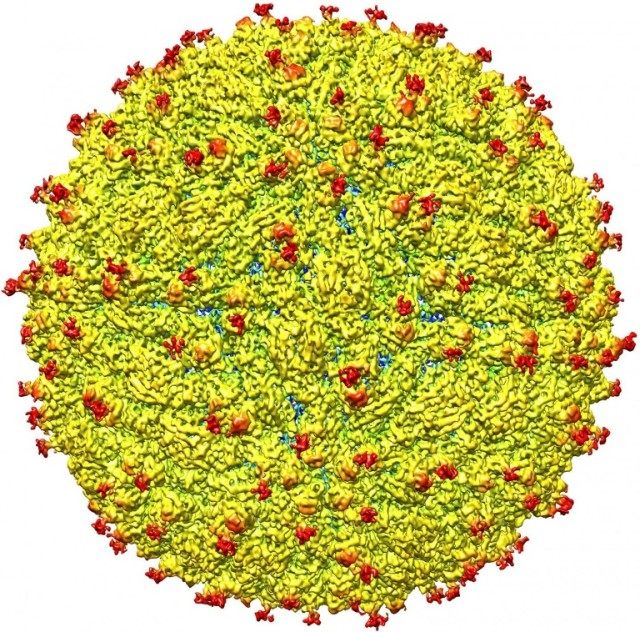170 cases of Zika virus infection have been confirmed in California alone in 2015 and 2016, as the California Department of Public Health (CDPH) warns travelers returning home from the Rio Olympics or other Zika-affected regions to take precautions to avoid spreading the virus.
“Summer travelers who spent time in Brazil or any other region with Zika-infected mosquitoes can protect themselves, their families and community members by taking a few simple steps,” said CDPH Director Dr. Karen Smith. “Continue using insect repellent to prevent spreading the virus to mosquitoes in your community upon your return and refrain from unprotected sex so you don’t pass the virus to your partner.”
All 170 cases of Zika in California are travel-related, according to the August 19 CDPH report. One of those cases was contracted through sexual contact. 24 of the infections occurred in pregnant women, two of whom have given birth to infants with the birth defect microcephaly in relation to the Zika infection. Just one person infected is known to be a non-resident.
“Pregnant women and couples planning to have children need to be especially cautious because Zika can cause significant harm to a developing fetus,” said Dr. Smith, who also serves as State Health Officer. “Pregnant women who have traveled to an area with Zika should inform their doctor upon return, and couples returning from an affected area should speak with a doctor before getting pregnant.”
San Diego County officials sprayed a two-block area in the city to control Aedes aegypti mosquitos found there. An individual in the area had recently traveled to a country known to have Zika, and started showing symptoms of a mosquito-borne illness after returning home. Aides mosquitos can carry Zika.
No mosquitos have yet been found carrying Zika in California; however the spraying was scheduled in an effort to prevent potential transmission of the virus.
A travel warning was issued for a portion of Miami, Florida where mosquitos were found to have transmitted the virus. The area was sprayed in an effort to control potentially infected mosquitos.
Follow Michelle Moons on Twitter @MichelleDiana

COMMENTS
Please let us know if you're having issues with commenting.